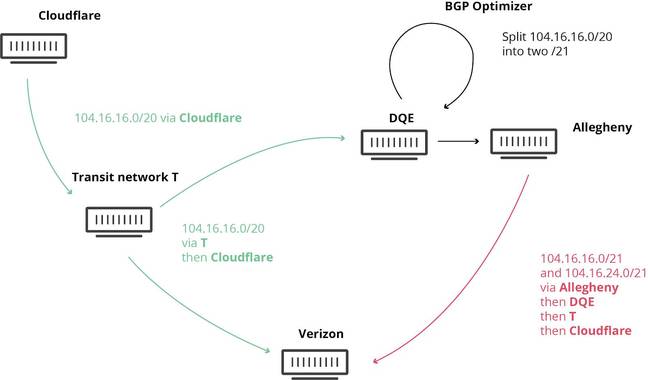During the social network’s heyday, multiple Myspace employees abused an internal company tool to spy on users, in some cases including ex-partners, Motherboard has learned.
Named ‘Overlord,’ the tool allowed employees to see users’ passwords and their messages, according to multiple former employees. While the tool was originally designed to help moderate the platform and allow MySpace to comply with law enforcement requests, multiple sources said the tool was used for illegitimate purposes by employees who accessed Myspace user data without authorization to do so.
“It was basically an entire backdoor to the Myspace platform,” one of the former employees said of Overlord. (Motherboard granted five former Myspace employees anonymity to discuss internal Myspace incidents.)
[…]
The existence and abuse of Overlord, which was not previously reported, shows that since the earliest days of social media, sensitive user data and communication has been vulnerable to employees of huge platforms. In some cases, user data has been maliciously accessed, a problem that companies like Facebook and Snapchat have also faced.
[…]
“Every company has it,” Hemanshu Nigam, who was Myspace’s Chief Security Officer from 2006 to 2010, said in a phone interview referring to such administration tools. “Whether it’s for dealing with abuse, or responding to law enforcement or civil requests, or for managing a user’s account because they’re raising some type of issue with it.”
[…]
Even though social media platforms may need a tool like this for legitimate law enforcement purposes, four former Myspace workers said the company fired employees for abusing Overlord.
“The tool was used to gain access to a boyfriend/girlfriend’s login credentials,” one of the sources added. A second source wasn’t sure if the abuse did target ex-partners, but said they assumed so.
“Myspace, the higher ups, were able to cross reference the specific policy enforcement agent with their friends on their Myspace page to see if they were looking up any of their contacts or ex-boyfriends/girlfriends,” that former employee said, explaining how Myspace could identify employees abusing their Overlord access.
[…]
“Misuse of user data will result in termination of employment,” the spokesperson wrote.
The Myspace spokesperson added that, today, access is limited to a “very small number of employees,” and that all access is logged and reviewed.
Several of the former employees emphasised the protections in place to mitigate against insider abuse.
“The account access would be searched to see which agents accessed the account. Managers would then take action. Unless the account was previously associated with a support case, that employee was terminated immediately. This was a zero tolerance policy,” one former employee, who worked in a management role, said.
Another former employee said Myspace “absolutely” warned employees about abusing Overlord.
“There were strict access controls; there was training before you were allowed to use the tools; there was also managerial monitoring of how tools were being used; and there was a strict no-second-chance policy, that if you did violate any of the capabilities given to you, you were removed from not only your position, but from the company completely,” Nigam, the former CSO, said.
Nonetheless, the former employees said the tool was still abused.
“Any tool that is written for a specific, very highly privileged purpose can be misused,” Wendy Nather, head of advisory chief information security officers at cybersecurity firm Duo, said in a phone call. “It’s the responsibility of the designer and the developer to put in controls when it’s being built to assume that it could be abused, and to put checks on that.”
[…]
Several tech giants and social media platforms have faced their own malicious employee issues. Motherboard previously reported Facebook has fired multiple employees for abusing their data access, including one as recently as last year. Last month, Motherboard revealed Snapchat employees abused their own access to spy on users, and described an internal tool called SnapLion. That tool was also designed to respond to legitimate law enforcement requests before being abused.

